Defence Minister Luke Pollard has emphasised the need for Britain’s military to embrace “all-domain warfare” as standard practice in response to the increasingly blurred lines between hybrid threats and conventional conflict.
Speaking during a Defence Committee session on 25 March, Pollard and other senior officials laid out how the UK is adapting its defence posture to operate across land, sea, air, space and cyber simultaneously—not only in warfighting, but also in pre-conflict grey zone operations.
“Any offensive and, indeed, defensive action is integrated. It does cover all domains by default,†Pollard told MPs. “That changes how we piece together our ability to conduct operations. It means that, for us to have effective operations, we need all parts of our military system understanding and co-operating together.â€
Pressed by MP Lincoln Jopp on whether hybrid operations must run alongside kinetic ones in a future conflict, Pollard agreed, highlighting the shift from “multi-domain integration†as a process to “all-domain warfare†as a baseline. “Multi-domain integration is about how you get different domains working together,†he said, “but we’ve moved beyond that. For all UK military operations now, it is all-domain by default.â€
The session also featured testimony from Paul Wyatt, Director General Security Policy, who detailed the role of Defence Intelligence and how UK agencies integrate analysis from the Joint Intelligence Organisation and intelligence services to support decision-making and coordinate with allies.
Wyatt said this integrated approach underpinned efforts to counter hybrid threats, including Russian disinformation and the Kremlin’s documented use of antisemitic propaganda. “We talk a lot with our allies around what we and they are seeing, so that we can mutually harden each other’s endeavours,†he explained.
Pollard stressed that threats increasingly cut across the domestic and international divide. “The idea that you can easily stovepipe [domestic and international threats]… is much harder now because of the complexity of the activities,†he said. He highlighted the necessity of understanding cross-border networks, state and non-state actors, and the role of platforms like Telegram in spreading hateful or violent content.
On cyber operations, Air Commodore Matt Bressani added that cyber responses may not always mirror the domain of the attack. “Just because it’s a cyber-attack, it doesn’t necessarily mean that a cyber-reaction needs to take place,†he said, pointing to the UK’s flexibility in drawing from a full spectrum of deterrent and retaliatory options.
Pollard also provided insight into how the UK’s National Cyber Force (NCF) works across departments. He explained that a Whitehall “customer group” helps prioritise NCF resources between departments such as the MoD and Home Office, which might request support ranging from cyber effects in support of military operations to internet takedowns combating child sexual exploitation.
“What we do with that information doesn’t necessarily always mean a tit-for-tat approach,†Pollard said, referencing cyber threats. “We have a range of measures within our toolbox… [to] calibrate the right response.â€


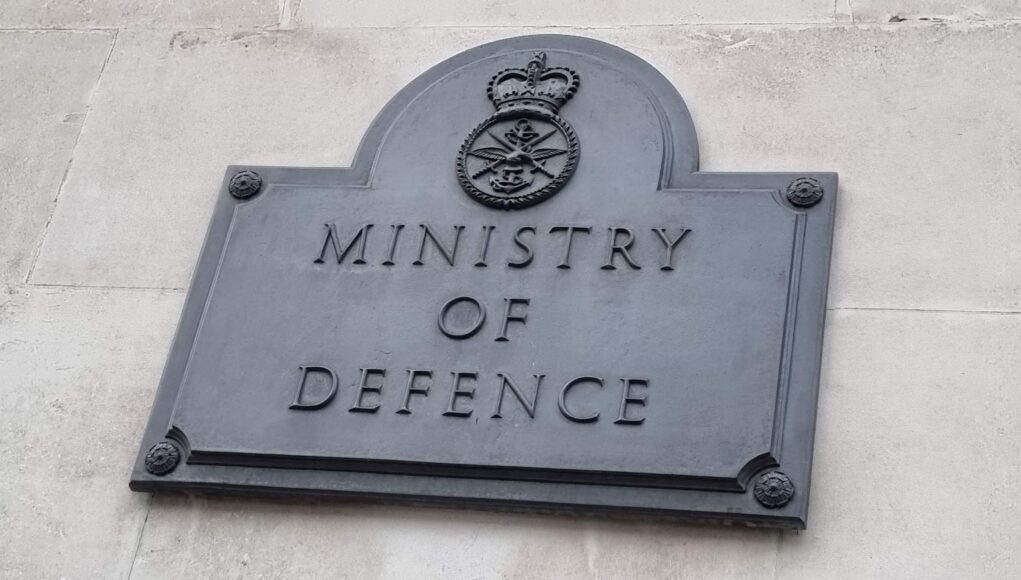

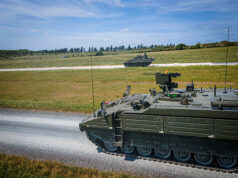
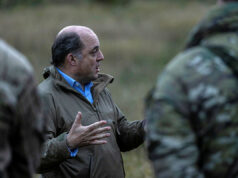
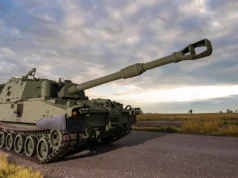


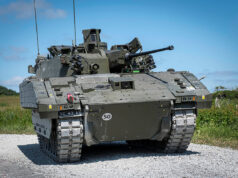
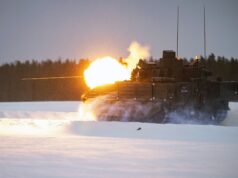
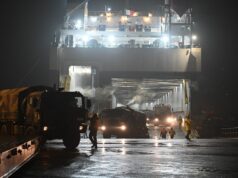
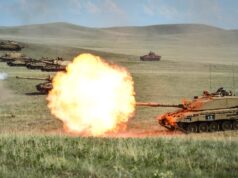

Or in other words, more hot air and telling everyone the bleeding obvious
Hehe. So until now was just in the snooker table?
Good luck doing that with the current state of the armed forces both parties have explaining to do
Better get cracking on doing it then! We’ve had enough talk.
Let’s start by retiring Albion, Bulwark and the Pumas without immediate replacement. What a bunch of buffoons we have at the top!
Now that agent Krasnov and his cult of unqualified loyalist incompetents have compromised US national security as their standard operating procedure it’s time to limit the Five Eyes intelligence sharing to safeguard our intelligence gathering people who are in harms way. There must be consequences for general disregard for information security.
Equally our forces can no longer depend on the security of joint operations with US Forces, another mission threat that’s unpredictable and unacceptable. US Isolationism in real life..